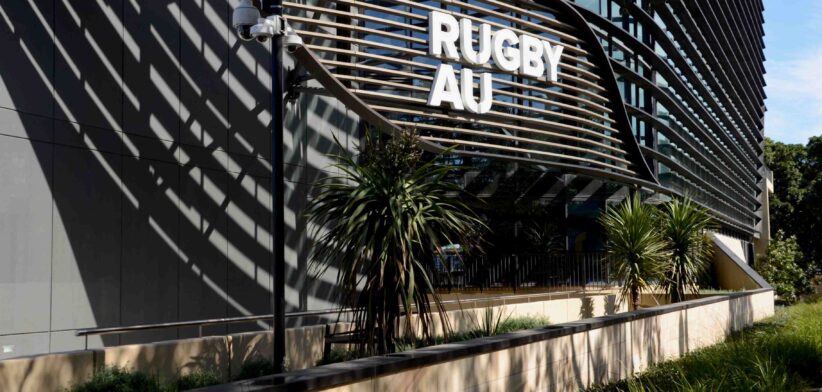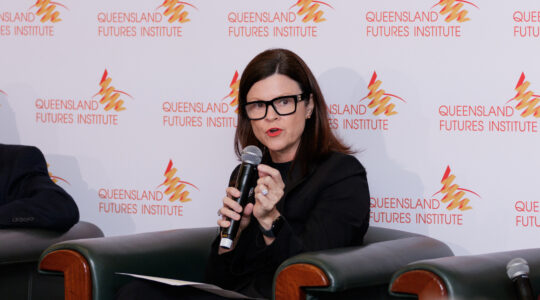Rugby Australia reported a $9.2 million loss for the 2023 financial year.
The result was driven by a drop in revenue of $4.9m due to lower match day revenue, as a result of only hosting two home Wallabies Tests in a World Cup year, compared with six in 2022.
In a statement, Rugby Australia said being a World Cup year, there were also higher costs with operating expenditure up by $11.5m.
“The increase was driven by additional high-performance investment, especially in the Wallabies, Wallaroos and Australia A programs, increased investment in Super W and an increase in player payments reflecting 2023 being the first year of a new collective bargaining agreement with players,” the statement said.
It noted the $9.2m deficit was less than deficits reported in each of the last two men’s Rugby World Cup years ($9.5m in 2019, $9.8m in 2015).
Rugby Australia reported participation growth across Clubs (up 1.7 percent) and Schools (2.3 percent).
There was as increase in young people playing the game, with a 13 percent bump in the Get into Rugby program as well as an increase in female participation (16 percent) for the second consecutive year.
In 2023, Rugby Australia established a new, flexible $80 million credit facility with Pacific Equity Partners over a five-year term.
The statement said the capital injection was a short-term bridge to major future revenue events, such as the 2025 British and Irish Lions Tour and home Rugby World Cups in 2027 and 2029.
Rugby Australia CEO Phil Waugh said the governing body was focused on planning on the current cycle to the end of the current broadcast deal, and on the next cycle beginning in 2026.
“From a revenue perspective 2024 will be another challenging year given we have had to take on the unplanned cost of the Melbourne Rebels’ operations for 2024, as well as additional investments and distributions to Member Unions, Super Rugby clubs, the community game, pathways and Women’s Rugby,” Mr Waugh said.
“We could have reduced costs further for 2024, however this could have had a detrimental long-term effect for the game – it is essential that we set the game up as best we can for the major revenue events on the horizon in 2025, 2027 and 2029.
“RA is working with the Super Rugby clubs, Member Unions and RUPA to set up a sustainable financial model for the future, aligned to a new Broadcast deal in 2026.”








